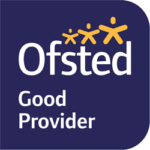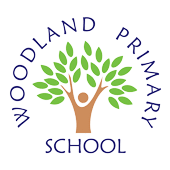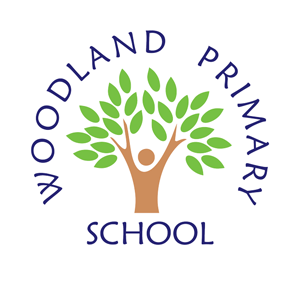Subject area: English
At Woodland Primary School, we know that writing is an essential skill that will benefit our children for the rest of their lives. Our writing curriculum builds knowledge and skills progressively over time and inspires children to write both fiction and non fiction texts using a variety of engaging starting points such as stories, video clips, topics, shared experiences, poems and school visits. Writing is taught daily and our carefully crafted units of work teach children about vocabulary, grammar, punctuation, handwriting, spelling, composition and editing. Children will
- Build their confidence with sentence structure
- Develop and widen their vocabulary
- Organise their ideas and build cohesion between them
- Widen their repertoire of writing options
- Gain understanding of the ‘whole’ piece that they are writing
- Respond to feedback and know how to improve their writing
We believe this approach provides our children with a complete set of tools and structures that can be applied to their writing in all contexts. Its arms them with the knowledge and understanding of what to write and how to write. Grammar, speaking and listening skills and writing techniques are embedded in every single lesson, and revisited again and again to ensure that pupils become confident and adept writers.
Fine motor skills and handwriting are taught from the Early Years through to Year 6. Children are encouraged from Year 2 to use joined script. Spelling is a key skill children need to practise. We teach the rules of spelling at school which are then consolidated at home through weekly spelling homework. The children have the opportunity to apply their new spelling knowledge through writing sessions, dictated sentences and spelling tests.
Download further information below:

Behaviour and Attitudes: Pupils exhibit respectful relationships with adults and move around the school sensibly. They are confident in seeking help from staff if needed, and bullying is rare. Pupils listen attentively to teachers and engage in class discussions.

Safeguarding: The school has effective safeguarding measures in place. Staff are well-informed and confident in identifying and addressing potential risks to pupils. Pupils are knowledgeable about staying safe, particularly online.

Support for SEND: Pupils with special educational needs and/or disabilities (SEND) are quickly identified and well-supported, achieving good outcomes as a result.

Personal Development: Pupils are encouraged to be independent from an early age and take care in presenting their work. They enjoy participating in various clubs and activities, including sporting competitions and educational visits.

Positive Environment: The school’s environment fosters respect and support among pupils and staff. Pupils are encouraged to develop good manners and social skills, contributing to a positive school culture.

Leadership and Ambition: School leaders are noted for their ambition and effective work in improving the school. Their efforts have resulted in a good quality of education for the pupils.

Overall Effectiveness: The school was rated ‘Good’ in all categories, including quality of education, behaviour and attitudes, personal development, leadership and management, and early years provision.

Quality of Education: Pupils receive strong support in learning to read quickly and achieving well. The curriculum is well-planned and effective, particularly in the early years and mathematics. Teachers and teaching assistants are well-trained and provide clear explanations and encouragement.

